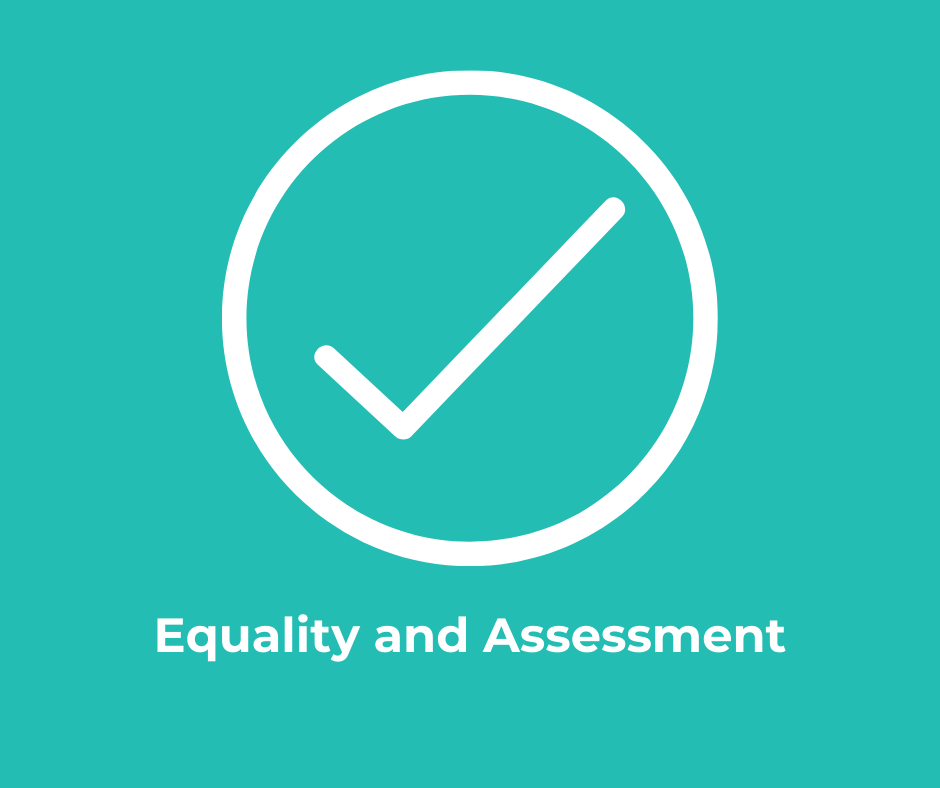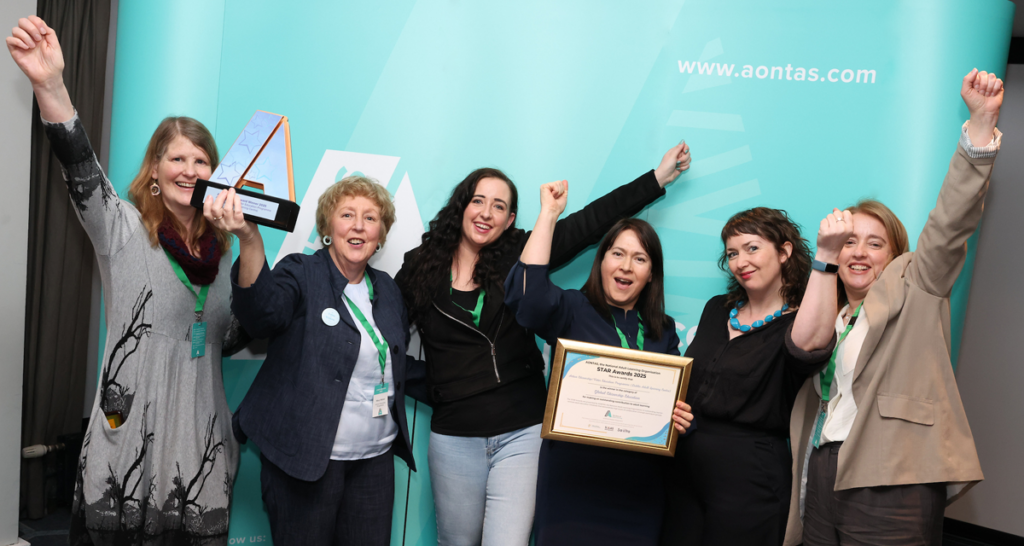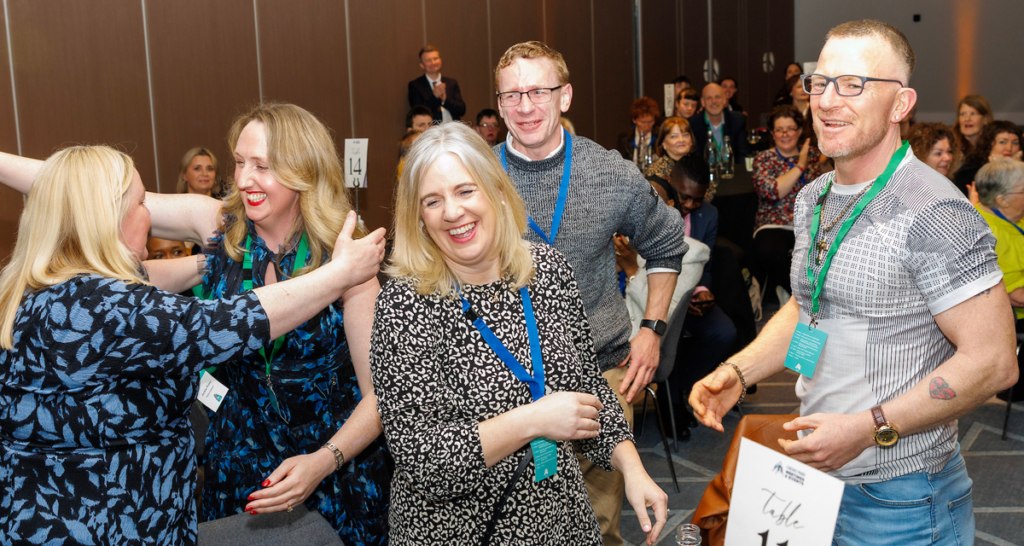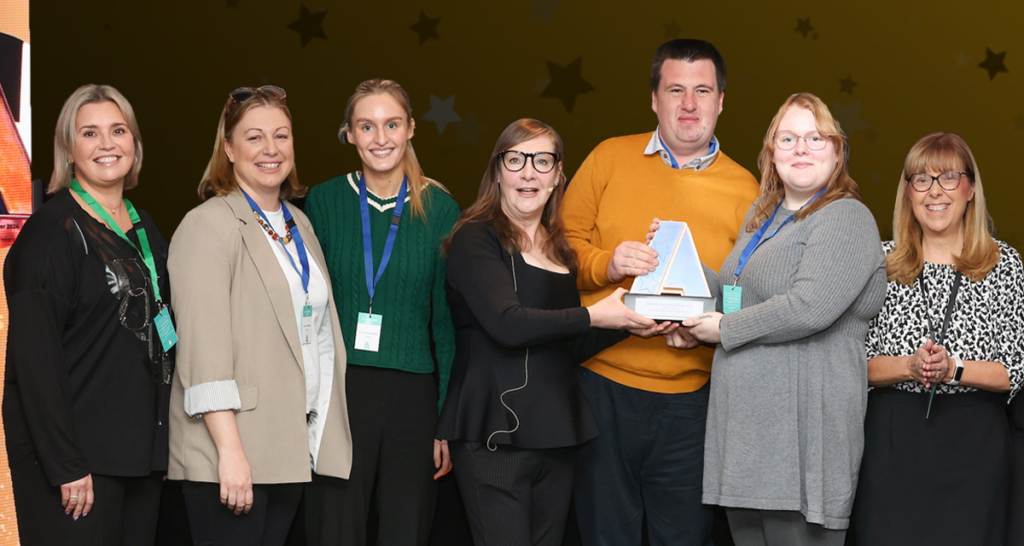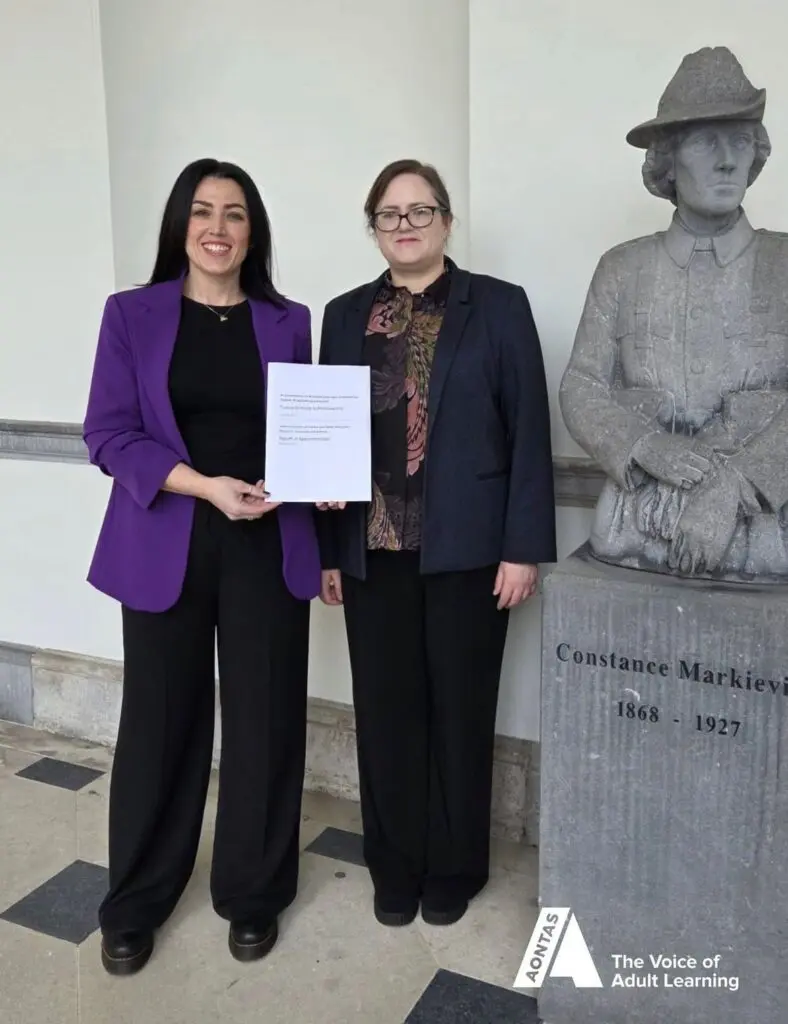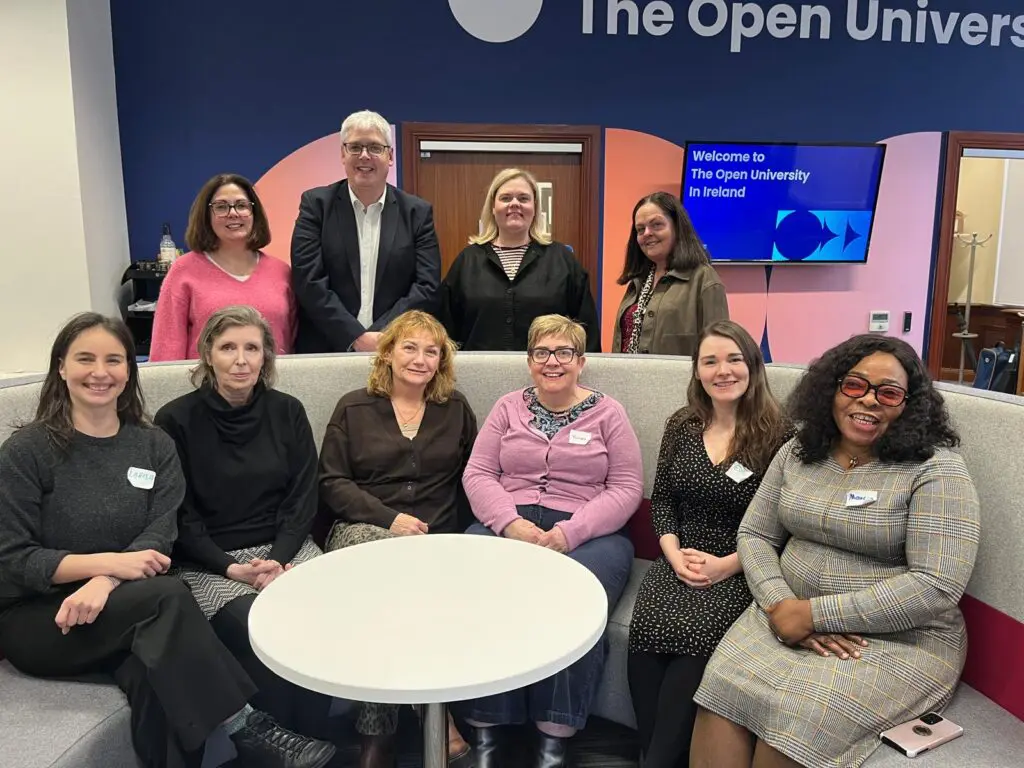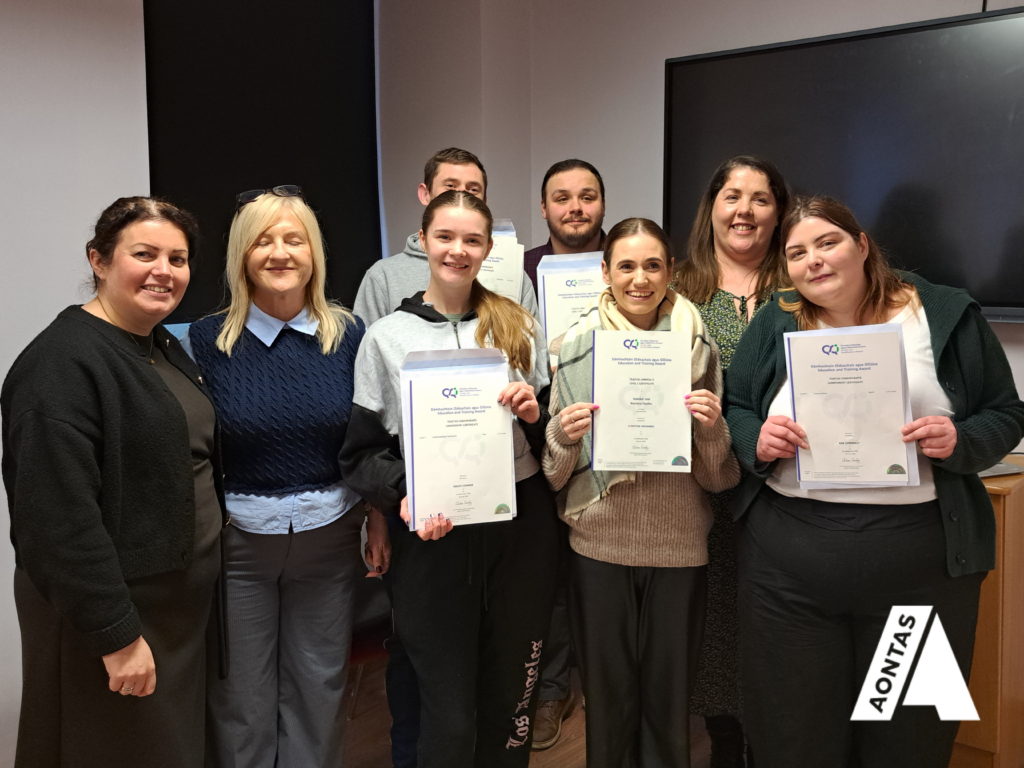- Learner/Student Engagement across Tertiary Sector – A Discussion Paper
- Assessment Equality across Tertiary Education – A Discussion Paper
- Digital Learning and Disadvantage across Tertiary Education – A Discussion Paper
The second Discussion Paper specifically focuses on the theme of assessment in relation to educational disadvantage and supporting learners who are adults living in disadvantaged rural areas, first-time mature students, low qualified migrants, low qualified adults (less than upper second level), early school leavers, long-term unemployed, asylum seekers, people with disabilities, Travellers, Lone Parents, Homeless, people in receipt of social welfare, living in poverty and low income families and other vulnerable learners. The big question during this difficult time can be boiled down to one essential question ‘how can we create conditions and policies that set all learners up to succeed?
The key issues raised and recommendations made include:
- Consideration has to be given to the fact that not all learners are able to equally engage in online assessment. There are broadband connectivity issues, broadband bandwidth for more technically advanced platforms, devices, software compatibility issues, and a range of additional personal and home-related challenges and distractions. Assurances are needed that learners are equipped to undertake assessment. Also, a system needs to be developed to identify and accommodate learners who cannot engage in remote assessments.
- Ensure educators are equipped with the materials they needed to meet learners’ needs. Digital tools and WIFI capacity are necessary to deliver quality assessments, and time/work allocation requirements need to be adjusted to prepare learners for remote assessment
- Shift to broad learning outcomes and formative assessment practices as required so that all learner cohorts have the most appropriate assessment process.
- A flexible approach to assessment deadlines and timelines is needed, with no penalties for repeats for learners impacted by COVID-19 related issues such as ill health, bereavement, lack of necessary accommodation and so on.
- Development of an action plan for competency-based and practical assessments. For example, this especially applies to courses and modules requiring a work-placement.
- Assessments should be designed to be applied to students in a way that is not time-bound or requiring a contemporary time period for engagement. For example, this could include home-based projects and/or assignments with flexible submission dates.
- Assessment should be as low-tech as possible. This would need to take into consideration that not every learner has the necessary hardware and software to run digital assessment programmes and online platforms.
- Students should be asked to self-declare that the work under these circumstances is their own work.
There are some additional issues for Further Education and Training regarding equality and assessment, such as
- The learner settings in FET are highly varied and extremely complex. They range from Post-Leaving Certificate Colleges to Training Centres, and from Youthreach to Community settings and Prison education.
- For many of the learners, not engaged in high stakes examinations, it is possible to postpone the assessments until it is safe and practicable to reengage. However, approximately 33,000 Post-Leaving Certificate learners need to finish their courses in time to avail of the CAO round zero.
- Post-Leaving Certificate Colleges have reported that up to 30% of learners lack access to IT to enable them to complete their assignments. Teachers are reporting the same difficulties with access to resources at home which can further compound issues.
- Adult and community education settings, and prison education, are reporting many more difficulties regarding access to resources and in many cases varying levels of digital literacy which further compound challenges faced in continuing service delivery.
- Learners living in Direct Provision settings, availing of homeless services, and who are in temporary accommodation have been reported as being even more difficult to reach, and that learners are feeling overwhelmed with the loss of social and face-to-face support. This is further heightened by the shift to remote delivery and the stress of not being able to engage with teaching and learning due to their living arrangements.
Assessment should not be a continuation of the disproportionate negative impact of COVID-19 on the most marginalised learners who are already facing overlapping and complex forms of disadvantage. They are being tested and treated unfairly enough during this emergency. As the barriers facing learners continue to unfold, increase and take on new meaning AONTAS will match these challenges by continuing its work with the Department of Education and through chairing the Mitigating Educational Disadvantage including Community Education during the COVID-19 Crisis Working Group. For more information on this work Click Here.
To make your voice heard and have your issues raised to decision makers at the highest levels of government contact AONTAS via email: mail@aontas.com or Freephone: 1800 303669.
[1] i
MED Working Group Members (The papers do not reflect the views of all members or their institutions):
Niamh O’Reilly AONTAS (Chair), Dr Leah Dowdall AONTAS (Secretary), USI, ETBI/CDETB, HEA, Dearbháil Lawless AONTAS, Dr Eve Cobain AONTAS, NALA, TU Dublin, DES, SOLAS, AHEAD, THEA, QQI, Pavee Point, NFETL, Longford Women’s Link, SHEP/Cork Community Education Network, UCD, Maynooth University, Dr Michael Hallisey, Professor Tom Collins, Dr Fergal Finnegan
Addtional Information
AONTAS Membership and Engagement Update Weekly Webinars
Click here for more information on these weekly webinars with the AONTAS CEO. These webinars are open to members only. Further information on AONTAS membership is available here.
Outputs from the Mitigating Educational Disadvantage Working Group
